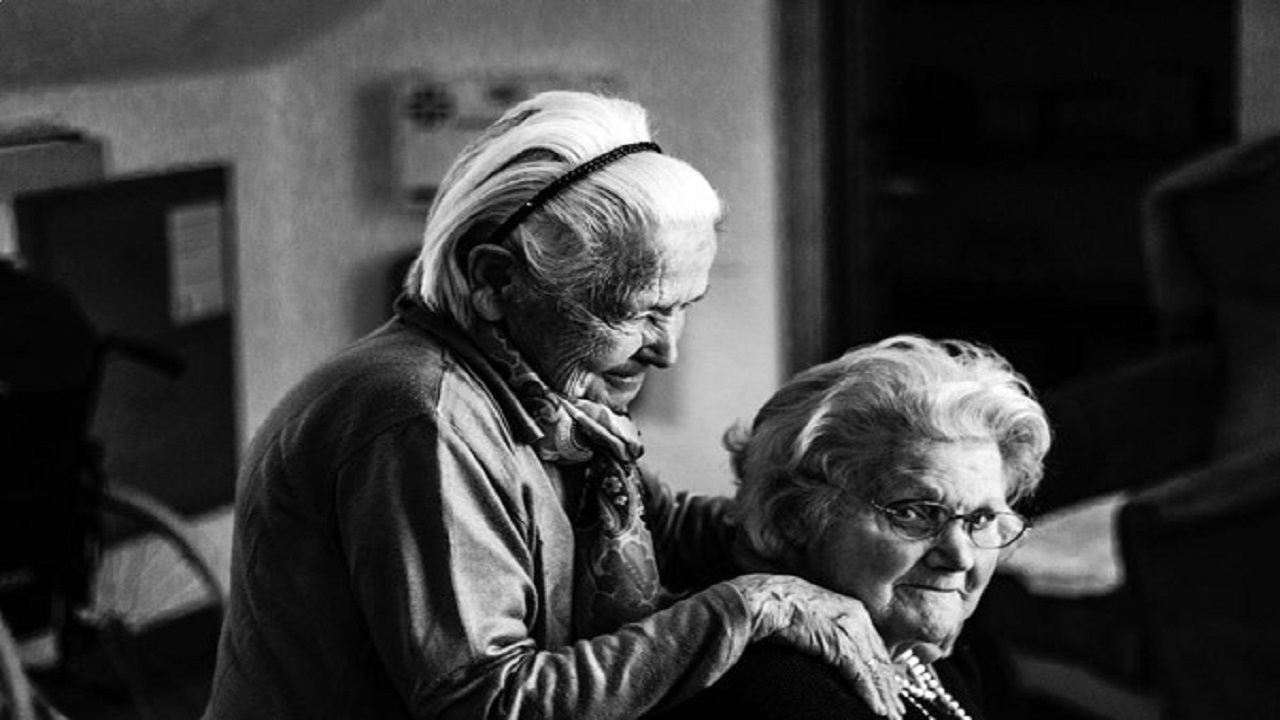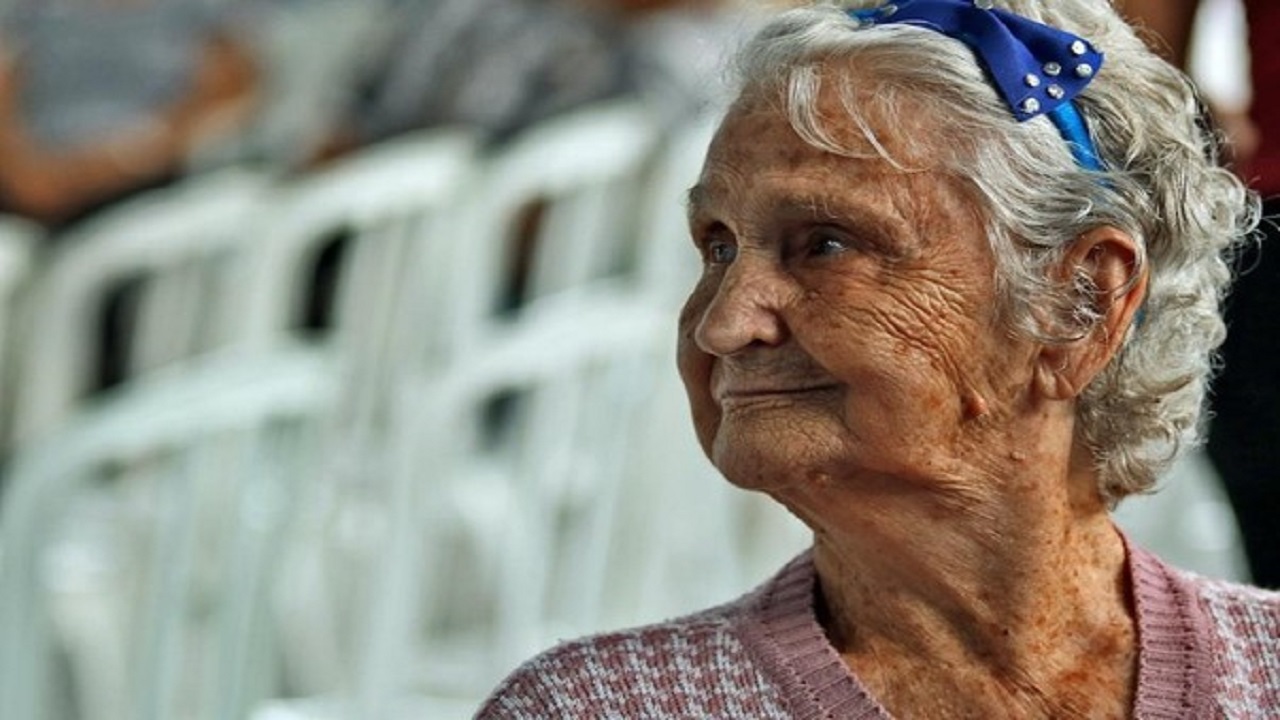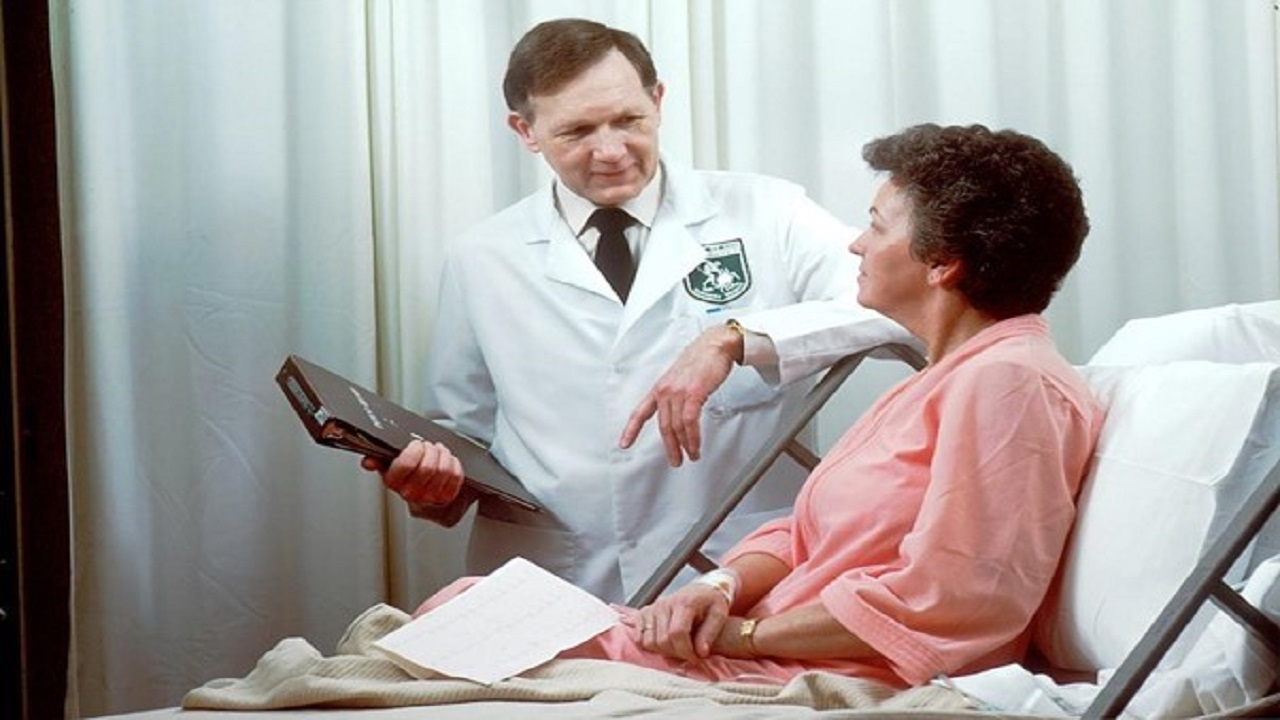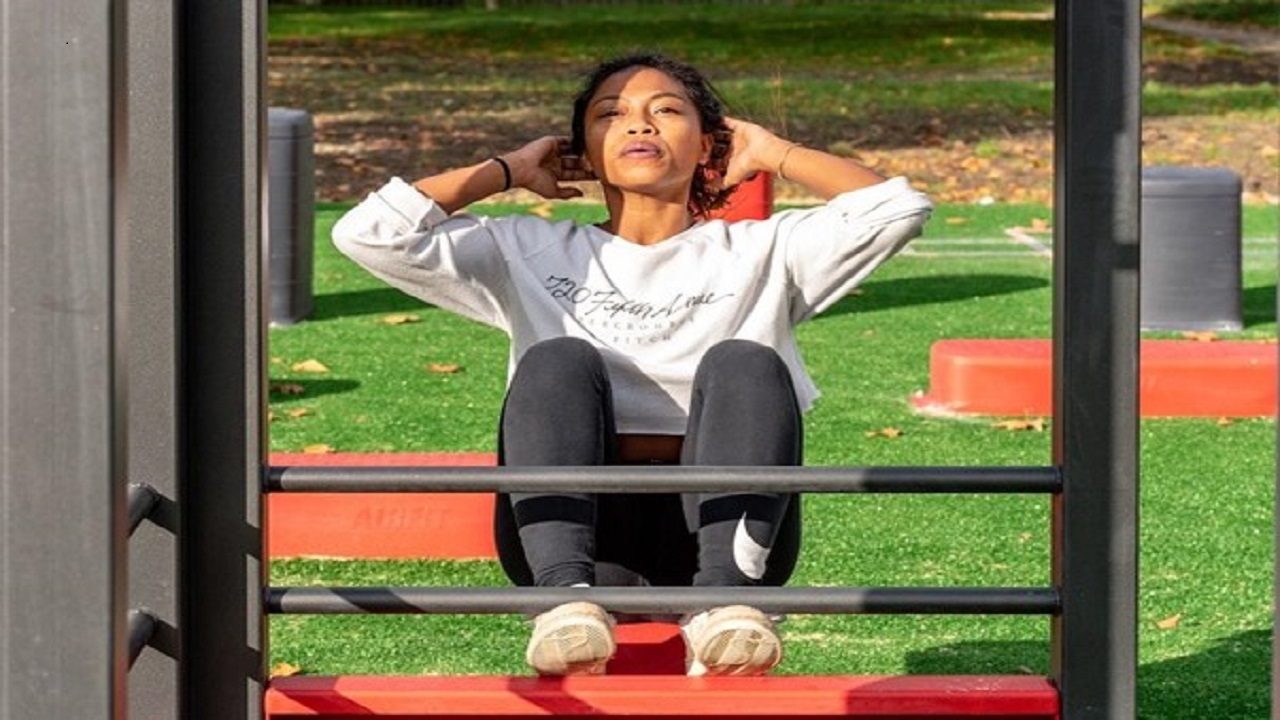Does Soy Help Prevent Bone Loss in Aging Women
As a living tissue, bone is constantly breaking down and rebuilding, and estrogen aids in keeping these two processes relatively balanced to preserve bone mass.
December 07, 2022
Career Expert & Blogger
A significant decrease in estrogen production characterizes menopause. Meaning there is breaking down more bone than building because estrogen has lost its protective effect.
Soy, it turns out, contains phytoestrogens known as isoflavones. These plant compounds have a chemical structure that is very similar to estrogen.
According to U.S. Soy articles, if we eat enough soy, which is high in phytoestrogens, the body recognizes this dietary source of phytoestrogens and boosts continued bone formation while blocking our body's natural aging tendency to break down bone.
In this post, we will explain how soy helps to prevent bone loss in aging women and the effective ways to protect your bone health.
A soy diet may prevent osteoporosis in menopausal women.

A diet high in the protein and isoflavones found in soybeans may protect women going through menopause from bone loss and osteoporosis.
This was the initial finding of a study that researchers from the University of Hull in the United Kingdom presented at the Society for Endocrinology annual conference in Edinburgh.
Osteoporosis, which means "porous bone," is a disease that causes a decrease in bone density and quality, increasing the risk of fracture. Until a fracture occurs, there are frequently no symptoms.
Osteoporosis causes approximately 9 million yearly fractures, or one every three seconds. Women are more likely to contract the disease. Women experience faster bone loss after menopause because they produce less estrogen, a sex hormone that protects against bone loss.
Soybeans contain isoflavones, compounds with a chemical structure similar to estrogen. As a result, scientists speculate that they may have a similar effect on bones.
The study enrolled 200 women in their early menopause and randomly assigned them to one of two groups. The women in one group took a daily supplement of 30 g of soy protein with 66 mg of isoflavones, while the women in the other group took the same amount of soy protein but without the isoflavones.
During the six months the women took the supplements, they provided blood samples that allowed the researchers to measure bone turnover markers.
One of these is the protein CTX, a marker of bone resorption, the process by which bone is broken down and its minerals are released into the bloodstream.
The results showed that women who took a daily supplement containing both soy protein and isoflavones had significantly lower levels of CTX than women who took only soy protein, implying a lower rate of bone loss and, thus, a lower risk of developing osteoporosis.
According to the researchers, women who took soy protein and isoflavone supplements improved their cardiovascular risk markers.
Effective Ways to Protect Your Bone Health as You Get Older

Consume more calcium
You probably know that calcium is essential for bone development but also prevents bone loss later in life. Adults aged 19 to 50 should consume 1,000 milligrams of calcium per day. Women 51 and older, as well as men 71 and older, who are at a higher risk of osteoporosis, should consume 1,200 milligrams of calcium per day.
A cup of skim or 1% milk contains about 300 milligrams of calcium, but dairy products aren't the only way to increase calcium intake. Veggies like kale and broccoli, as well as soy products like tofu, dried figs, and calcium-fortified bread and juice, can help you meet your goal.
If you cannot meet your calcium requirements through diet alone, your healthcare provider may advise you to take a calcium supplement. However, because the FDA doesn't regulate supplements, you must consult your provider to ensure their safety before taking them.
Significantly, because your body can only absorb 500 milligrams of calcium at a time, you may need to divide your vitamin doses throughout the day if you take them.
Eat more protein
Increased protein consumption can also help to keep your bones healthy and strong. According to research, a lack of protein can reduce calcium absorption and affect bone formation and breakdown rates. Lean meats like poultry and fish, low-fat dairy products, eggs, beans and legumes, and nuts are all good protein sources.
However, it is essential to note that too much protein can have the opposite effect on your bones. Generally, 0.8 grams of protein per kg of body weight daily is recommended, along with plenty of vegetables and calcium. Based on your specific health, your healthcare provider can also recommend an appropriate protein intake for you.
Quit smoking
Tobacco use harms your health in various ways, including an increased risk of lung cancer and stroke. It also increases your chances of developing osteoporosis by slowing the production of cells that help your body form bone. Nicotine can also impair blood flow to your bones.
Get screened regularly

Your provider will begin screening you for osteoporosis with bone density tests as you age. Women should be screened beginning at age 65 because they are at a higher risk, while men and people assigned male at birth should begin getting bone density tests at age 70.
If your bone density test results are normal, you can wait up to ten years before getting another one, depending on your risk factors. People with low bone density (osteopenia) should be screened again in two to five years, depending on severity, whereas those with osteoporosis should be tested again in two years.
Cut back on alcohol
Similarly, excessive alcohol consumption can weaken your bones by interfering with osteoblasts or cells, aiding bone growth. Furthermore, excessive drinking can increase the likelihood of falling, resulting in fractures if you have low bone density. Moderation is essential if you choose to consume alcohol. The CDC says one drink per day for women and at most two per day for men. One drink is 1.5 ounces of liquor or 12 ounces of beer.
Exercise

Exercise is essential for overall health, including bone health. Regular exercise causes your body to make more bone, building muscles and encouraging better balance, which can help prevent falls and fractures.
Any type of exercise is beneficial, but weight-bearing exercises such as brisk walking, hiking, jogging, or climbing stairs are especially beneficial for bone health. Weight lifting and push-ups are resistance exercises that can help strengthen your bones.
If you're new to exercise or haven't done much physical activity in a while, talk with your primary care provider about how to incorporate more movement safely.
Bottomline
Finally, the modern uses of Soy isoflavones (SI) are based on their estrogenic activities. SI has proven effective in reducing bone resorption and increasing bone formation. In vitro and in vivo studies using SI to preserve bone loss show more initial promise. However, more research is needed to determine this compound's underlying mechanisms, efficacy, and safety, particularly an investigation into the preventive effects of SI on the typical human diet and the potential of dietary supplements.



